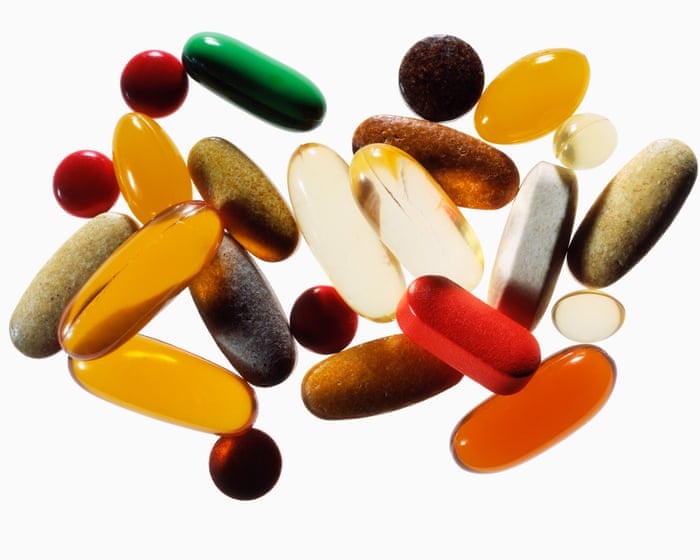In January, Guardian Australia shared the story of Simon Bogemann, who developed a nerve condition called peripheral neuropathy after taking too much vitamin B6 from multivitamin and magnesium supplements. Since then, concerns have grown about the potential risks of over-the-counter supplements.
The Therapeutic Goods Administration has proposed changes that could make products with more than 50mg of vitamin B6 available only through a pharmacist. There’s also talk of a potential class action against Blackmores over excessive B6 levels in their supplements.
As regulators consider further action, here’s what you need to know about vitamin B6.
### What is B6 toxicity?
Vitamin B6 toxicity happens when people take too much B6 from supplements, leading to higher-than-needed levels in the blood.
Dr. Terri-Lynne South, a GP and dietitian, explains: “We used to think you couldn’t overdose on water-soluble vitamins like B6, but we now know the body stores it.” Excess B6 can damage peripheral nerves, causing pain, tingling, numbness, and in severe cases, loss of movement.
### Where is vitamin B6 found?
B6 occurs naturally in foods like fish, non-citrus fruits, and starchy vegetables—no harm has been reported from natural sources. It’s also added to supplements (magnesium, multivitamins, B-complex) and fortified foods like energy drinks, cereals, and weight-loss shakes. Toxicity usually comes from overdoing these non-natural sources.
Most people only need about 1mg of B6 daily, so it’s easy to overconsume. “The problem is B6 goes by different names—pyridoxine, pyridoxal—making it hard to track total intake,” says South.
### When should you worry about symptoms?
If you take supplements or use B6-fortified products, watch for symptoms like tingling, burning, numbness, or balance issues. However, these can have many causes, so don’t assume it’s B6 toxicity without checking.
### How can you avoid it?
Know the sources and names of B6 (pyridoxine, pyridoxal, pyridoxamine). “Calculate your daily intake,” advises South. If it’s over 50mg, consult a GP or pharmacist. Even without symptoms, avoid exceeding 50mg daily—some people may react to lower doses.
If symptoms appear, a blood test can confirm whether B6 toxicity is the cause.



